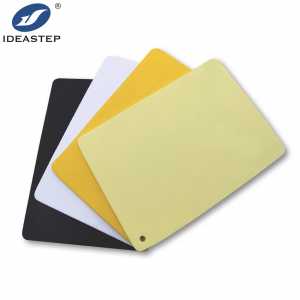
The hardness of EVA (ethylene-vinyl acetate) can be adjusted during the manufacturing process. EVA is a versatile material with varying degrees of hardness or softness, depending on the specific formulation and manufacturing parameters.
The hardness of EVA is typically measured using the Shore durometer scale. The scale ranges from 0 to 100, with higher numbers indicating greater hardness. EVA insoles can be produced with different hardness levels to cater to various foot conditions and individual preferences.
By adjusting the composition and processing conditions, manufacturers can produce EVA insoles with different densities and hardness levels. Softer EVA insoles provide more cushioning and shock absorption, while harder EVA insoles offer greater support and stability.
It’s important to note that the appropriate hardness of EVA insoles for children depends on their specific foot needs, activities, and any existing foot conditions. It is recommended to consult with a healthcare professional, such as a pediatric podiatrist or orthopedic specialist, who can assess the child’s foot health and provide appropriate recommendations for insoles or other interventions.
More EVA materials can be found here: https://www.aideastep.com/eva-blocks-top-covers-for-cad-cam-milling/.
